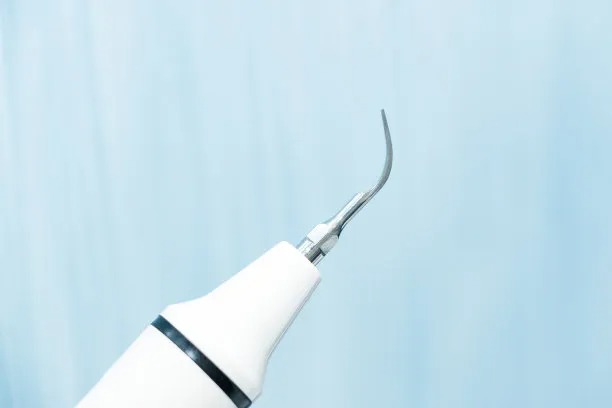The Importance of Proper Techniques and Care When Extracting a Tooth for Optimal Oral Health
Summary: Extracting a tooth is a procedure that requires careful consideration and the use of proper techniques to ensure optimal oral health. This article emphasizes the significance of adequate preparation, choice of techniques, post-extraction care, and professional supervision during the tooth extraction process. Each of these factors contributes to not only the immediate success of the procedure but also the long-term health of the patient’s teeth and gums. By understanding the importance of these elements, patients can aid in their recovery and avoid complications that may arise from improper practices.
1. Importance of Adequate Preparation

Before a tooth extraction, thorough preparation is key to reducing the risks associated with the procedure. Both the dentist and the patient must be well-informed about the patients dental and medical history to identify any potential complications. This knowledge enables the dentist to choose the most suitable treatment plan tailored for the individuals needs.
Furthermore, appropriate imaging, such as X-rays, is critical before the extraction. X-rays allow the dentist to assess the tooths root structure and its relation to surrounding tissues, making it easier to determine the best approach for extraction. Adequate preparation ensures that the extraction process is efficient and minimizes trauma to the surrounding areas.
Lastly, patients should be educated about the process, expectations, and potential discomfort they might face. Having a clear understanding can ease anxiety and prepare them mentally for the procedure, as an unprepared patient may find the experience more distressing.
2. Choosing the Right Extraction Techniques
The technique used in tooth extraction can greatly affect the outcome and recovery. Dentists typically have two main types of extraction techniques: simple and surgical. A simple extraction involves loosening the tooth with dental tools and removing it, often used for teeth that are visible and easily accessed. In contrast, a surgical extraction is necessary for teeth that are fractured, impacted, or not in an easily accessible position.
Using the appropriate technique based on the tooths condition is essential for minimizing trauma to the surrounding tissues. Improper techniques can lead to unnecessary complications such as excessive bleeding, infection, or damage to adjacent teeth and structures.
Additionally, a skilled dentist will employ careful manipulation techniques during the extraction to preserve the integrity of the jawbone and gums. This attention to technique ensures smoother recovery and reduces the likelihood of post-operative complications.
3. Post-Extraction Care is Crucial
Post-extraction care is as critical as the extraction itself. Following appropriate guidelines can significantly enhance the healing process. Patients should receive detailed instructions on how to care for the extraction site, including what to avoid, such as smoking or consuming hard foods that may disturb the socket.
Monitoring for signs of infection or complications is vital during recovery. Patients should be encouraged to follow up with their dentist if they experience unusual pain, swelling, or fever. Early detection of possible issues can prevent escalation and lead to better outcomes.
Moreover, patients should be informed about maintaining oral hygiene post-extraction. Gentle rinsing with salt water and avoiding direct contact with the extraction site can help keep the area clean and reduce the risk of infection. These practices support overall oral health and facilitate a faster healing process.
4. The Role of Professional Supervision
Professional supervision during the extraction process cannot be overstated. A trained dentist or oral surgeon will not only perform the extraction but also manage any complications that arise. Their expertise ensures that the procedure is done safely and effectively, minimizing risks associated with tooth extractions.
Furthermore, after the extraction, regular check-ups may be necessary to monitor the healing process. Patients should not hesitate to communicate any concerns to their dental professionals, ensuring that any issues are addressed promptly.
By entrusting the procedure to qualified professionals, patients can rest assured that their oral health is prioritized. This professional involvement ensures a framework for proper techniques and care throughout the extraction process, leading to optimal outcomes.
Summary:
Proper techniques and care during tooth extraction serve as crucial components for maintaining optimal oral health. Adequate preparation, the right extraction techniques, diligent post-operative care, and professional supervision all play significant roles in ensuring a successful procedure and recovery.
In conclusion, the importance of expert involvement at every step of the extraction process cannot be underestimated. Investing in proper dental care today leads to healthier smiles tomorrow.
This article is compiled by Vickong Dental and the content is for reference only.



